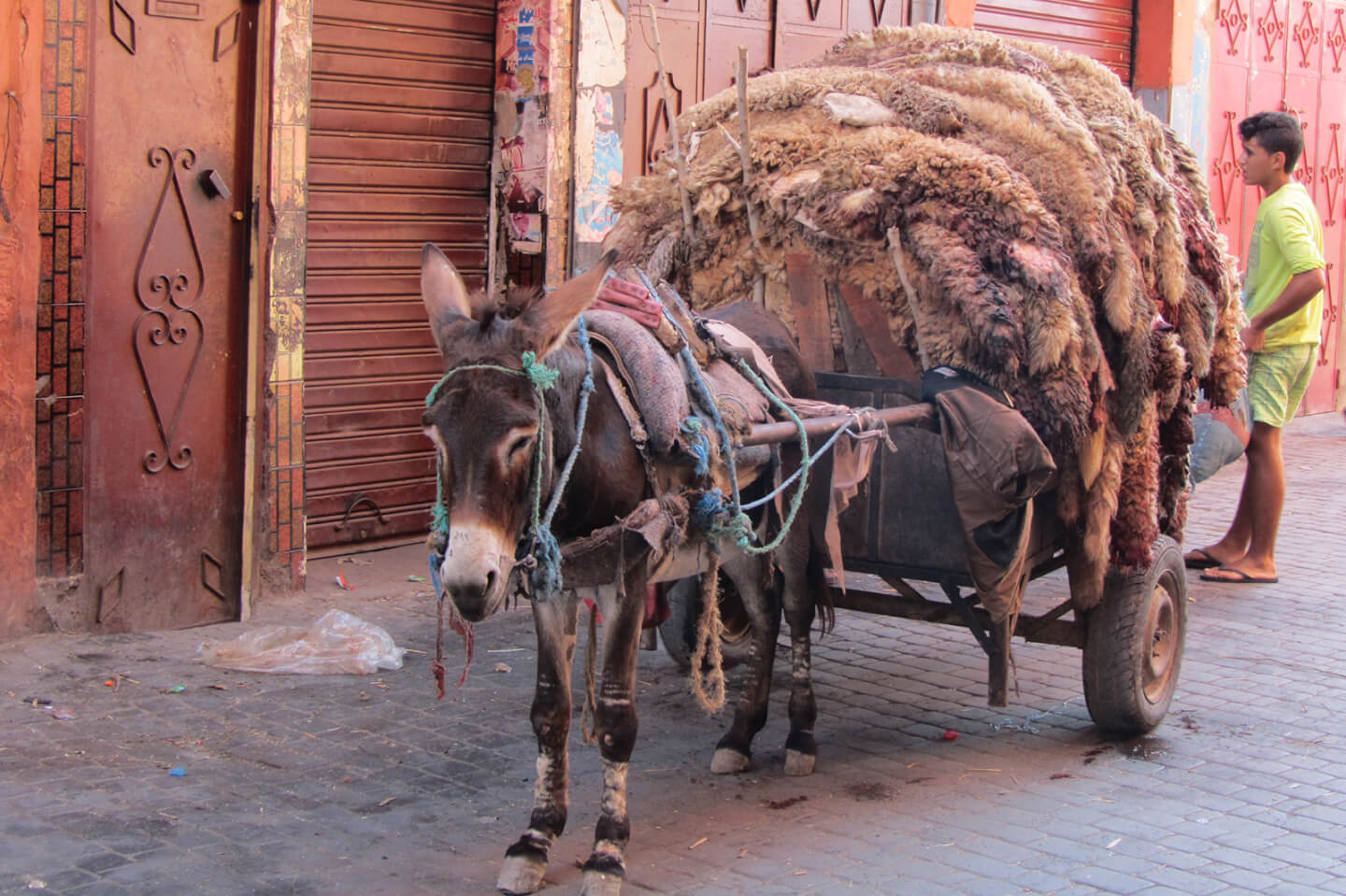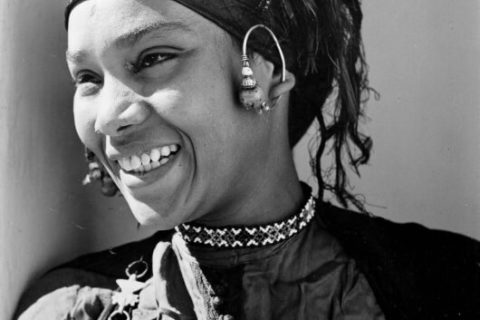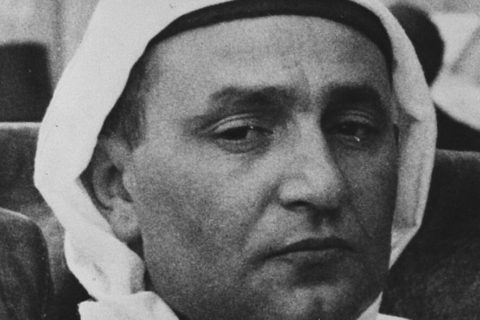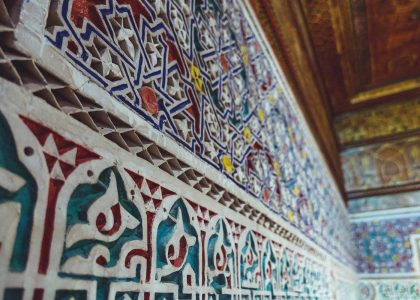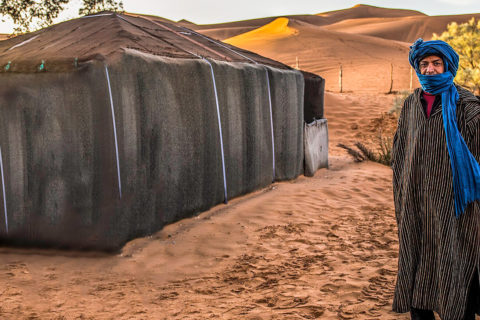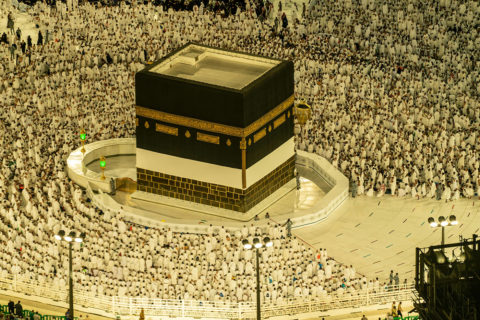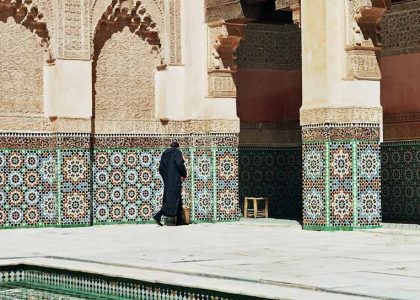Morocco has several major holidays that are deeply rooted in its religious traditions. Among the most important are Eid al-Adha (the Feast of Sacrifice), Eid al-Fitr (the Festival of Breaking the Fast), and the Islamic New Year. These celebrations offer unique insights into the country’s culture and spirituality. Below, you’ll find detailed information about these and other holidays in Morocco, along with their significance and festivities.
When planning a trip to Morocco, it’s important to be aware of national holidays. Not only do these occasions affect the daily lives of locals, but they can also have an impact on your travel experience. Similar to the Christmas season in Europe, many Moroccans travel to visit their families during these holidays, leading to increased traffic. Bus companies such as CTM or Supratours often sell out days in advance. If you’re planning to take a long-distance bus during this time, it’s a good idea to book tickets early.
Public life also changes significantly. During Eid al-Adha and Ramadan, many shops, restaurants, and government offices are closed or operate at reduced hours. While this is less evident in tourist areas, it can have a major impact on daily routines outside of major cities.
Being informed about Moroccan holidays and adjusting your travel plans accordingly can help you avoid unexpected surprises and experience local traditions firsthand. Holidays not only reflect cultural identity but also provide fascinating insights into Moroccan religious and social life. By keeping these factors in mind, you can make your trip more relaxed and immersive.
Contents
The Islamic calendar
The Islamic calendar was introduced in the early 7th century and follows the phases of the moon. As a result, the Islamic year is about 10 to 12 days shorter than the Gregorian calendar, with months lasting 29 to 30 days each.
Today, the Islamic calendar is mainly used to determine religious holidays, whose dates shift by one to two days each year due to the lunar cycle.
Another important difference is that an Islamic day begins at sunset, following the Old Testament creation story. This means that most Islamic holidays actually start on the evening before the official date.
Most holidays in Morocco originate from Islamic traditions and are of great importance to the Muslim population. As the official state religion of Morocco, Islam is practiced by over 99% of the population.
Holidays in Morocco fall into two categories: religious and secular. While religious holidays are closely linked to Islamic traditions, secular holidays commemorate national or historical events.
Religious holidays in Morocco
Religious festivals are traditionally celebrated with family or within larger communities. They follow the Islamic lunar calendar, meaning their dates shift slightly each year.
The most significant religious holidays include Eid al-Fitr, marking the end of Ramadan, and Eid al-Adha, the Feast of Sacrifice.
The birthday of the Prophet Muhammad, celebrated on the 12th day of Rabi’ al-awwal, the third month of the Islamic calendar, is similar to Christmas celebrations in Western Europe.
The Islamic New Year, which falls on the first day of the month of Muharram, is not widely celebrated in Morocco.
Important religious holidays
- Eid al-Fitr (End of Ramadan)
- Eid al-Adha (Feast of Sacrifice)
- Muharram (Islamic New Year)
- Eid al-Mawlid (Prophet’s Birthday)
Secular holidays in Morocco
In addition to religious holidays, Morocco celebrates several national and historical events with public festivities.
One of the most important secular holidays is Throne Day (Aid al-Arasch) on July 30, which honors the monarchy with colorful parades and folklore performances.
Another important secular holiday in Morocco is the birthday of King Mohammed VI on August 21, as well as Independence Day. On November 18, Aid al-Istiqlal commemorates Morocco’s independence from France and Spain.
Additionally, Morocco celebrates Youth Day (Aid al-Schabab) on August 21 and Labor Day (Aid asch-Schughl) on May 1. There are also unique regional festivities, such as the Almond Blossom Festival in the Anti-Atlas or the Imilchil Marriage Festival.
Important secular holidays:
- January 1: New Year’s Day
- January 11: Proclamation of Independence
- January 14: Amazigh New Year
- May 1: Labor Day
- July 30: Throne Day (National Holiday)
- August 14: Integration of the Western Sahara Region
- August 20: Revolution Day
- August 21: Youth Day & King Mohammed VI’s Birthday
- November 6: Anniversary of the Green March
- November 18: Independence Day
Selected Moroccan holidays
Eid al-Fitr: The feast of breaking the fast
Eid al-Fitr, also known as the “Festival of Sweets,” marks the end of Ramadan and is one of the most significant Islamic celebrations. In the final days of Ramadan, many Muslims prepare traditional sweets and dishes. The morning of the first day begins with a special communal prayer, followed by a sermon. Before the prayer, Muslims give zakat al-fitr, a charitable donation ensuring that everyone can participate in the festivities.
Eid al-Fitr is a time of joy, reconciliation, and generosity. Families gather to share meals, exchange gifts, and visit relatives and friends. Public celebrations and feasts often take place, and the holiday traditionally lasts three days.
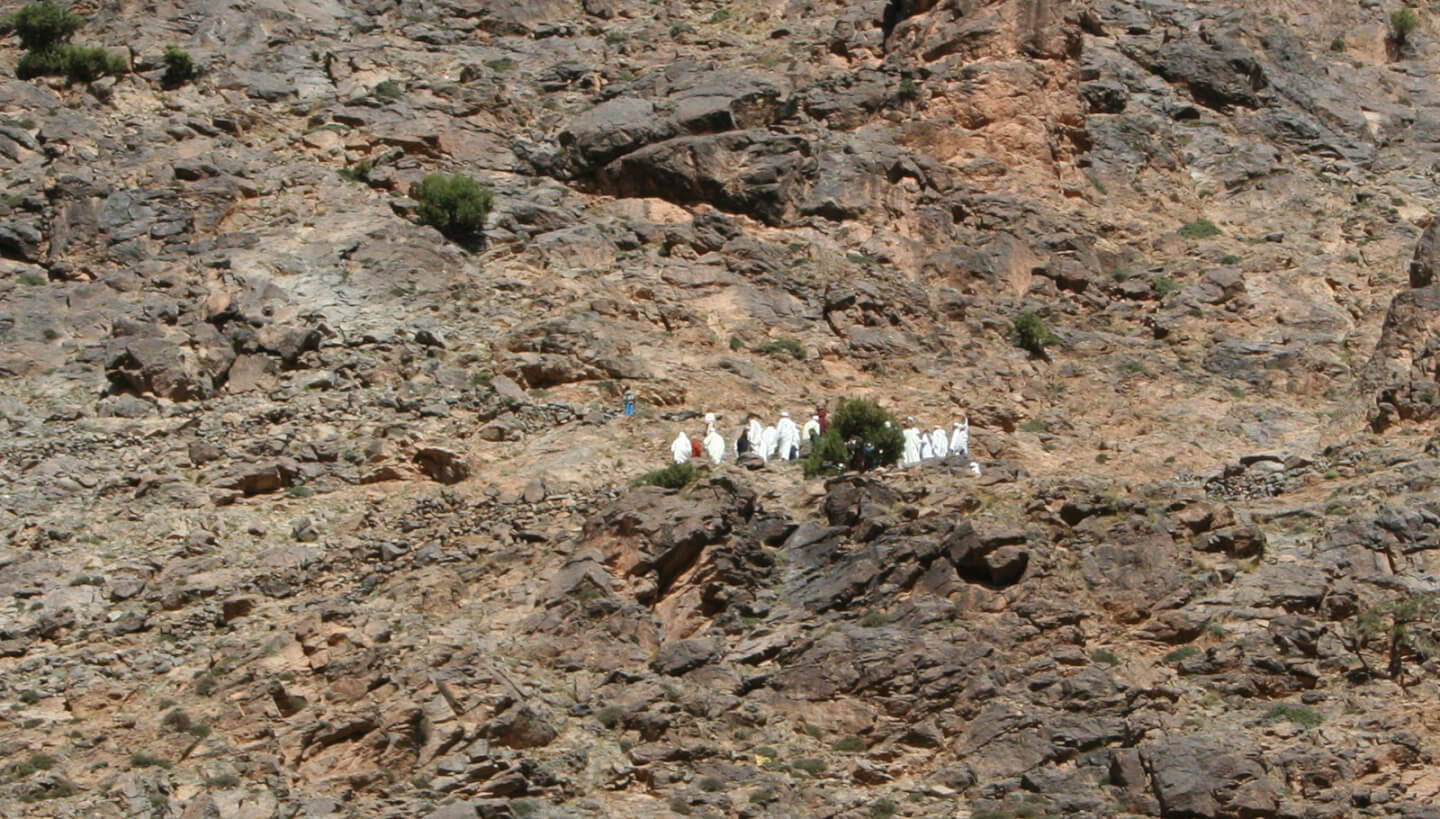
Eid al-Adha: The feast of sacrifice
Eid al-Adha, or the Feast of Sacrifice, is the most important Islamic holiday. Celebrated on the tenth day of the month of Dhul-Hijjah, it marks the culmination of the Hajj pilgrimage to Mecca.
The holiday commemorates the willingness of the Prophet Ibrahim (Abraham) to sacrifice his son in obedience to God’s command, before divine intervention replaced the child with a ram. The sacrificial animal symbolizes faith and generosity, as its meat is shared with family, friends, and those in need.
The morning begins with a communal prayer, followed by the ritual slaughter of an animal—often a sheep, goat, or cow. The meat is divided into three parts: one for the family, one for relatives and friends, and one for those in need. This tradition emphasizes the values of solidarity and charity within the Muslim community.
While Eid al-Adha is a time of joy and celebration, it is also a period of reflection and remembrance. Many Muslims visit cemeteries to honor deceased loved ones. During this holiday, life in Moroccan cities slows down significantly, with businesses and public services closing for up to three days.
Although Eid al-Adha is not a legally mandated public holiday, Muslim parents can request a day off for their children, and employees may take leave for the occasion. Common festival greetings include “Eid Mubarak” (Blessed Eid) or “Taqabbal Allahu minna wa minkum” (May Allah accept our deeds).
Like many other Islamic holidays, the date of Eid al-Adha is based on the lunar calendar and shifts each year relative to the Gregorian calendar.
Muharram and Ashura
Muharram is the first month in the Islamic calendar. During the first week of Muharram, Moroccan souks (markets) are adorned with colorful decorations and handmade musical instruments. Traditional songs and dances play an essential role in the festivities.
The tenth day of Muharram, known as Ashura, is a special holiday on which most schools and businesses are closed. Although Ashura is primarily recognized today as a Shiite day of mourning for the martyrdom of Husayn ibn Ali, Sunni Muslims also celebrate it. They remember events such as Noah’s Ark and the Israelites’ escape from Egypt through the parted Red Sea. Many Muslims fast on Ashura, following the tradition of Moses, who is believed to have done so in gratitude for the salvation of the Israelites.
In the past, Moroccan Jews also observed Ashura alongside Muslims as a day of reflection and atonement. Today, Ashura is mainly spent with family, and neighbors are invited to join in the celebrations.
A common treat for Ashura is Fekkas, which is served with other sweets such as Krishlat and dried fruits. The tradition of baking and sharing Fekkas has both religious and cultural significance, and encourages a sense of community.
Throne Day (National Holiday)
Throne Day (Fête du Trône) on July 30th is one of the most significant national holidays in Morocco. It symbolizes the strong bond between the Moroccan people and the monarchy. This day marks the anniversary of the current King’s accession to the throne, emphasizing his central role in the country’s political and cultural life.
Tourists should expect limited public transportation on this day. Celebrations include parades, cultural events, and official speeches. Many businesses, government offices, and public institutions remain closed.
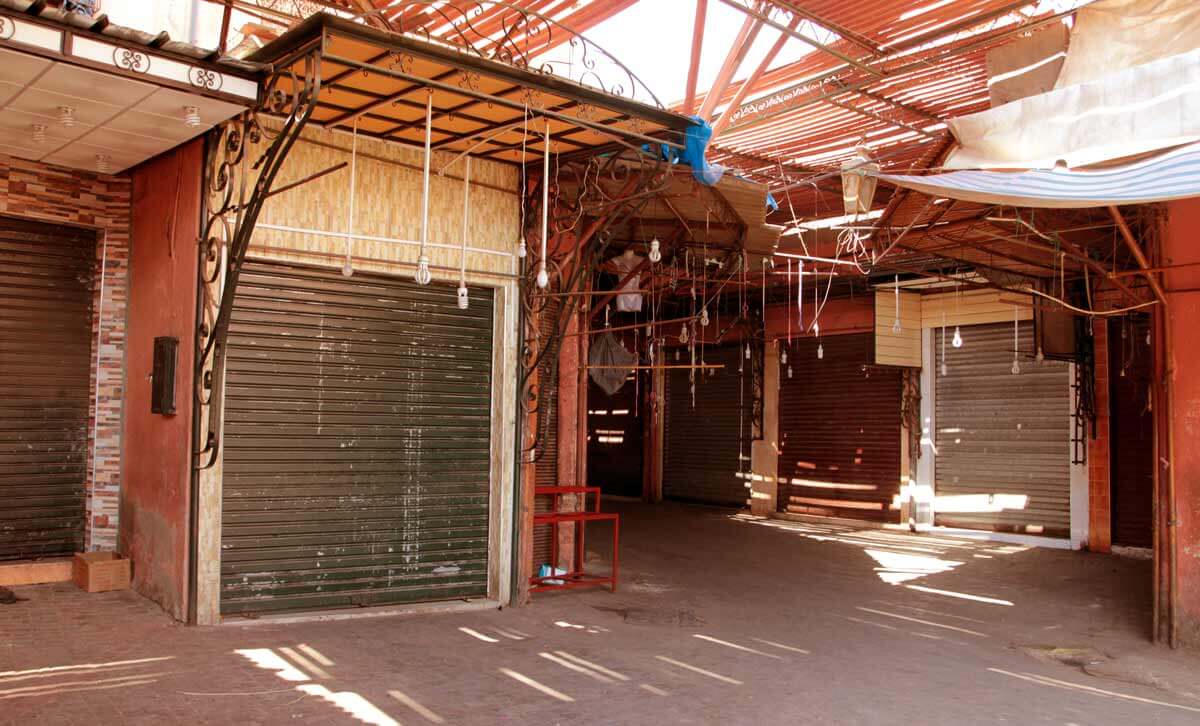
August 21: Youth Day and King Mohammed VI’s birthday
On Youth Day (Aid al-Shabab), Morocco celebrates its younger generations’ social and economic contributions.
The same day also marks the birthday of King Mohammed VI (born in 1963), an occasion traditionally accompanied by royal pardons. However, at the King’s request, no public celebrations have been held since 2018.
Eid al-Mawlid: Birthday of the Prophet
The Prophet’s birthday is a movable feast of great significance in Morocco. Each year, its exact date is determined through astronomical calculations. As the highest religious authority in the country, King Mohammed VI personally participates in the celebrations.
November 18: Moroccan Independence Day
Independence Day is one of Morocco’s most significant national holidays. It marks the country’s liberation from French colonial rule in 1956 and the return of King Mohammed V from exile.
Celebrations include parades, military processions, and musical performances in Rabat and other cities. Streets and buildings are festively decorated with flags and lights. Moroccan culture is celebrated through music, dance, and art exhibitions, while educational programs highlight the history of the independence movement.
Many Moroccans spend Independence Day with family and friends. As with most national holidays, tourists should note that many businesses and public institutions are closed.
Conclusion on holidays in Morocco
Morocco’s cultural and social life is deeply rooted in over 1,200 years of Islamic traditions. In addition to fixed public holidays, numerous religious festivals follow the lunar calendar and may vary regionally.
Travelers eager to experience Morocco’s vibrant traditions will find opportunities to participate in celebrations throughout the year. Keeping both the Gregorian and Islamic calendars in mind will help you plan your trip more effectively and avoid unexpected disruptions.

